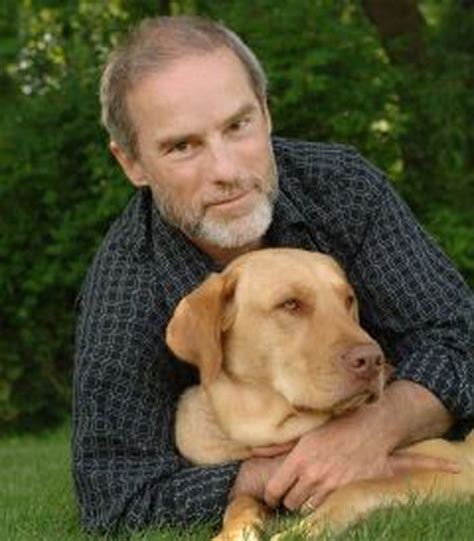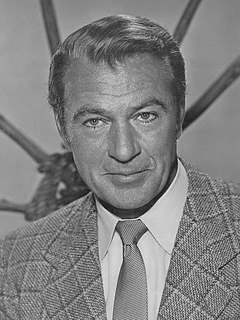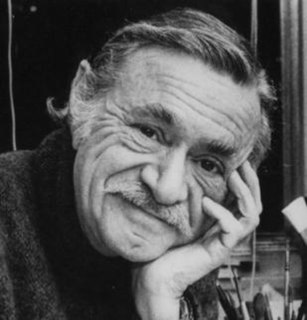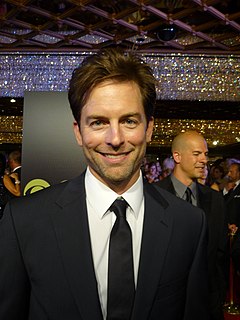A Quote by Paul Heyman
I approach my interviews with the mindset of, exactly what are we selling? How can I sell it the hardest and the most effectively in the fewest words possible? And how can I make each word that I say mean as much as it possibly can? And I bring that perspective to the table because I used to focus a lot on the character that I had to play.
Related Quotes
When I was writing the memoir, every page was a battle with myself because I knew I had to tell the truth. That's what the memoir form demands. I also had to figure out how much of the truth do I tell, how do I make the truth as balanced as I possibly can? How do I make these people as complicated and as human and as unique and as multifaceted as I possibly can? For me, that was the way I attempted to counteract some of that criticism.
Please make sure everyone knows how much their messages mean to me. They have added greatly to my peace of mind. I only wish some of the writers would take a more positive approach to the menace of cancer. I've got it, sure; but I'm not afraid to use the word. Some of them act like it's a dirty word. That's the wrong attitude. We should all bring it out in the open, recognize that it exists, and fight it! Cancer is everybody's enemy. We can't 'think' an enemy out of existence by ignoring it.
To me, one of the greatest triumphs in doing a book is to tell the story as simply as possible. My aim is to imply rather than to overstate. Whenever the reader participates with his own interpretation, I feel that the book is much more successful. I write with the premise that less is more. Writing is not difficult to me. I read into a tape recorder, constantly dropping a word here and there from my manuscript until I get a minimum amount of words to say exactly what I want to say. Each time I drop a word or two, it brings me a sense of victory!
This word "redemption," what is it about this word? Is it tangible? Do you know when it has happened? Is it necessary in a drama? Does it make a character boring? Does everyone agree on a character being "redeemed?" Or is it a word that is so subjective and polarizing and insignificant in modern television? It is a word that has been given, quite possibly, far too much significance, when it is truly ambiguous and meaningless in a drama. I have personally grown to loathe that word in literature.




































